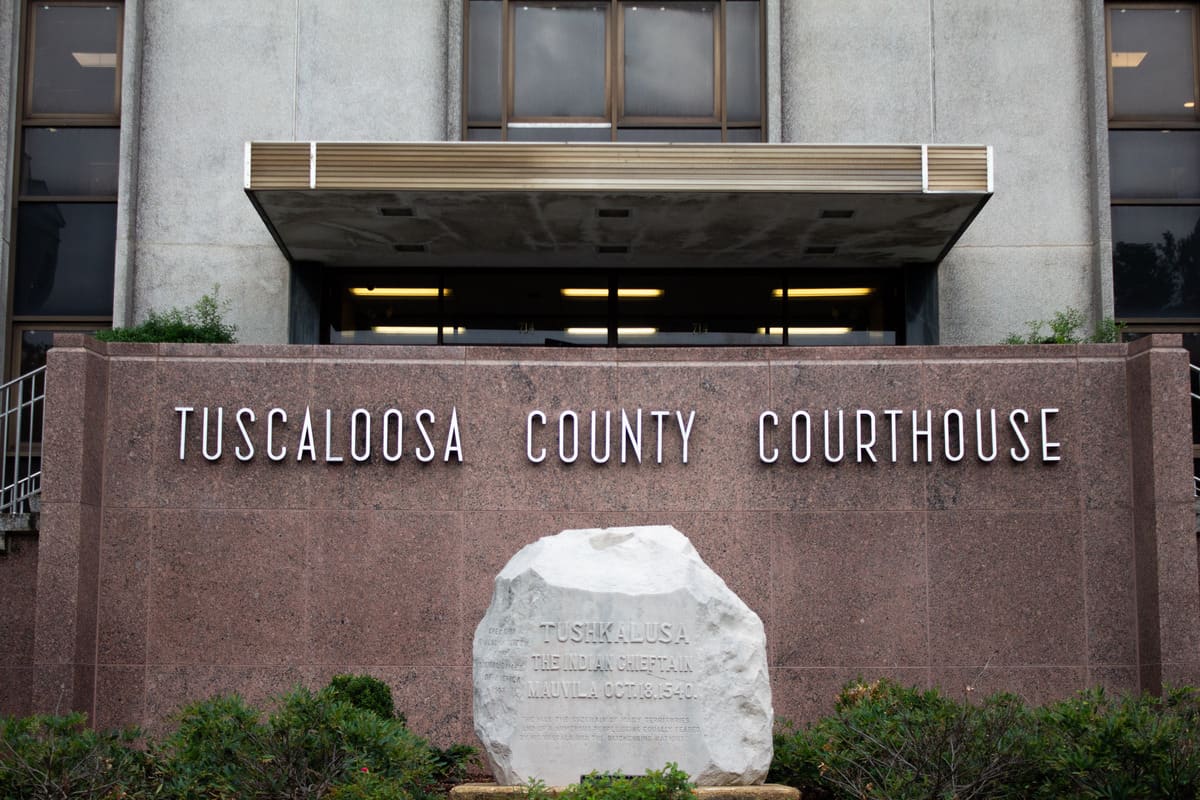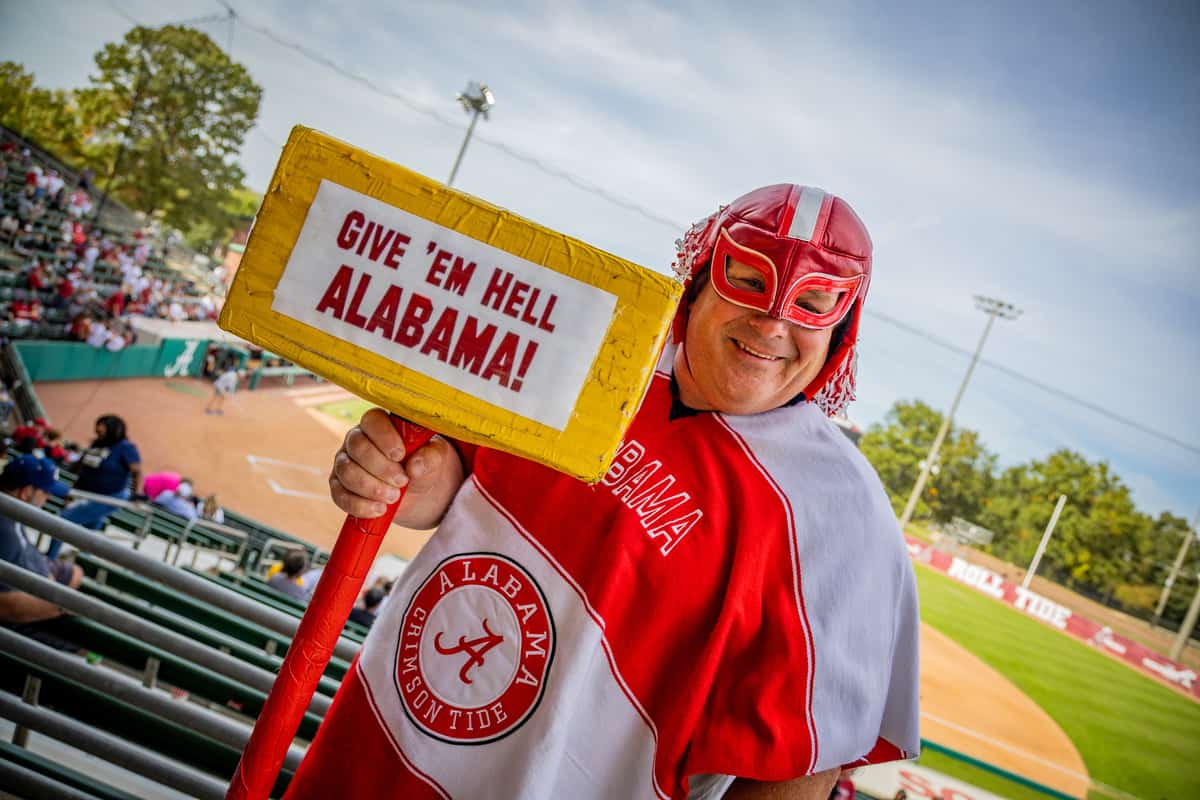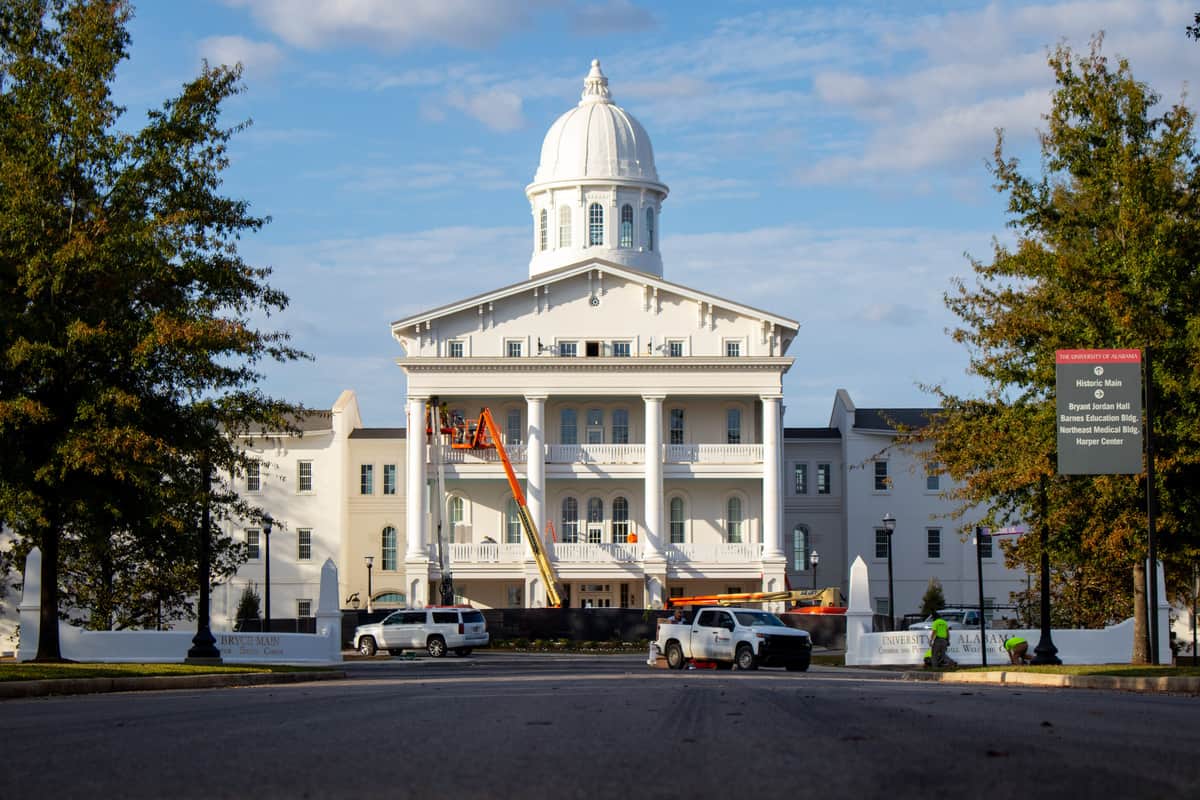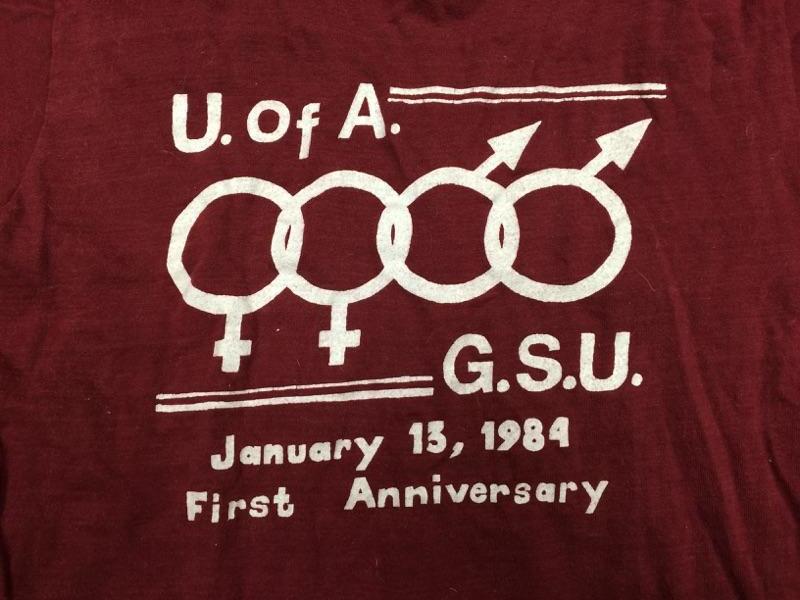In today’s age, you would think blatant racist ideologies would start to dwindle away, considering the rather progressive way of thinking that develops as the generations go by.
However, these backward ways of thinking still impact people of color today and are a prominent explanation for how people of color are treated in their everyday lives.
Racial profiling, the act of using someone’s race as a basis for suspecting them of an offense, is rooted in America’s history, with the earliest known account of legal profiling dating back to 1693.
Court officials in Philadelphia gave law enforcement the ability to detain enslaved or freed Black people if they were caught wandering around. Slave patrols, groups of armed men who would monitor slaves to eradicate defiance, started in the 18th century, and Black codes, a set of unfair laws used to govern Black Americans, appeared in the 19th.
Racial profiling has also affected people looking to gain U.S. citizenship. During World War II, Japanese immigrants were denied citizenship as a result of the 1941 Pearl Harbor attack. Japanese Americans were put in concentration camps. They were targeted, even though they were American. Racial profiling led to their forced displacement.
In the late ’90s, the Traffic Stops Statistics Act of 1997 was passed unanimously in the House of Representatives. According to University of Pittsburgh School of Law professor David A. Harris, it “constituted the first attempt by any legislative body to come to grips with what had become known as ‘racial profiling.’” The bill addressed the disproportionate rate at which Black and brown people would be stopped in comparison with their white peers.
Drivers of color were targeted with the idea in mind that, since they were not white, they likely had drugs on their person or were involved in drug-related crime. It was almost as if police officers were hoping to catch Black and brown individuals with illegal paraphernalia, completely disregarding the potential that white individuals may have been the ones with the contraband.
Profiling will only continue to target and greatly hurt people of color, as the obvious prejudice leads to things such as unjust arrests, traffic stops, sudden questioning and/or interrogation of individuals, and, in extreme cases, severe harm or even death.
In 2021, the Alabama Senate approved a bill to stop racial profiling committed by police officers. Sen. Rodger Smitherman sponsored the bill, and described it as a bill that would define racial profiling; prohibit law enforcement from engaging in such conduct; and require state, county and municipal law enforcement agencies “to adopt written policies to prohibit racial profiling.”
The bill called for the immediate cessation of traffic stops that were based on “race, color, ethnicity, age, gender, or sexual orientation.” The bill moved to the House of Representatives but died in committee.
A year after the bill was proposed, Huntsville, Alabama, pastor Michael Jennings was approached by police officers as he watered his neighbors’ flowers. He had been asked to tend to their flowers while they were away from their home. He had a hose in his hand when he was approached, and told the officers he was permitted to be on his neighbors property.
However, the officers told him he “wasn’t supposed to be there,” and proceeded to arrest him. Jennings, when recounting the incident, said he believed his skin color solidified him as being “just another Black criminal who fit the description” in the eyes of the officers.
In August of 2023, a waitress at a South Dakota Denny’s refused to serve two Black truckers. The men claimed she walked past them and continued to serve people who arrived before and after them, so they called out to her to try and order their food.
She ended up calling the police after she insisted they were causing a disturbance, continually saying “you people” when referring to the men. The event prompted the NAACP to hold a conference to address the incident.
Race undeniably plays a large role in the way authority figures interact with people on a day-to-day basis. A Black man walking down the street in a nice neighborhood will definitely turn more heads than a white man doing the same thing.
Racism comes in a multitude of different forms. Some of those forms hide behind an excuse of simple “suspicion,” suspicion that was formed from harmful stereotypes that were attached to people of color. Racial profiling is just another tactic used to humiliate those affected by it.















